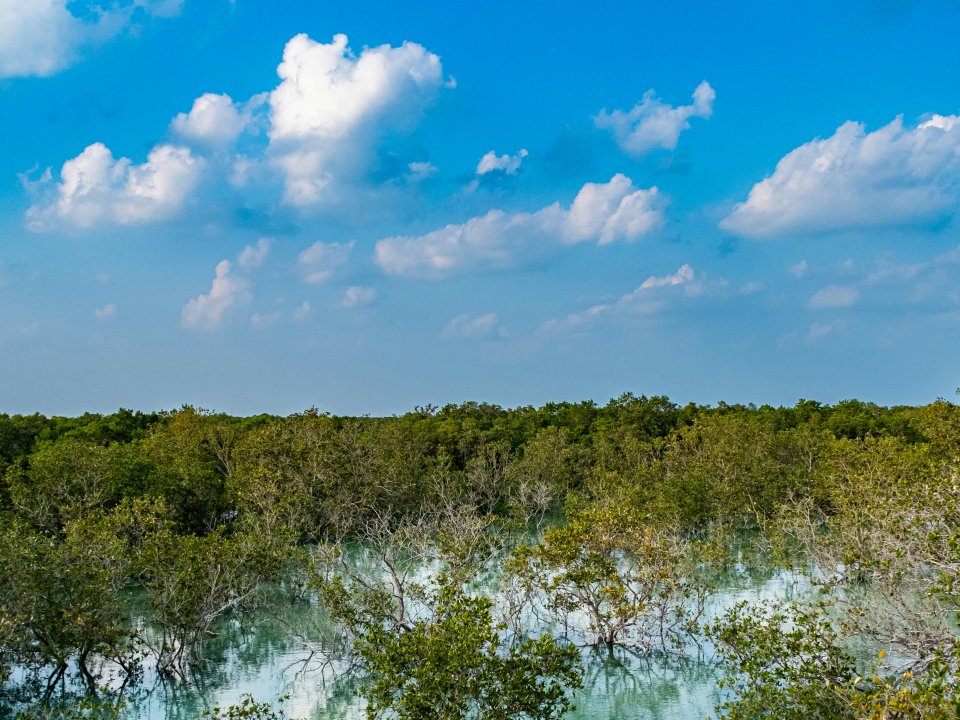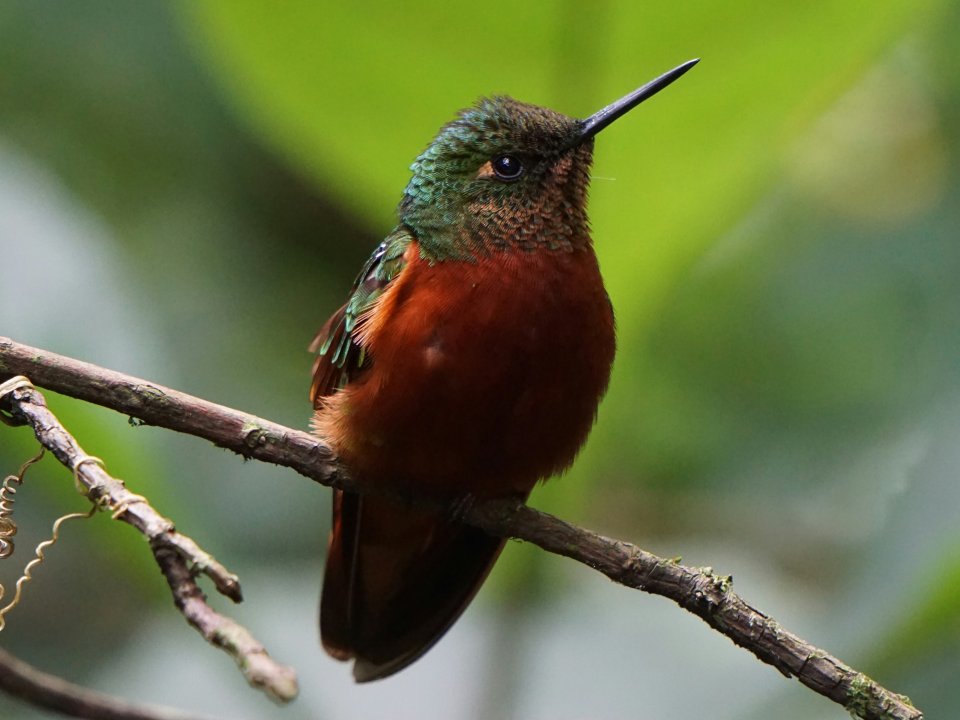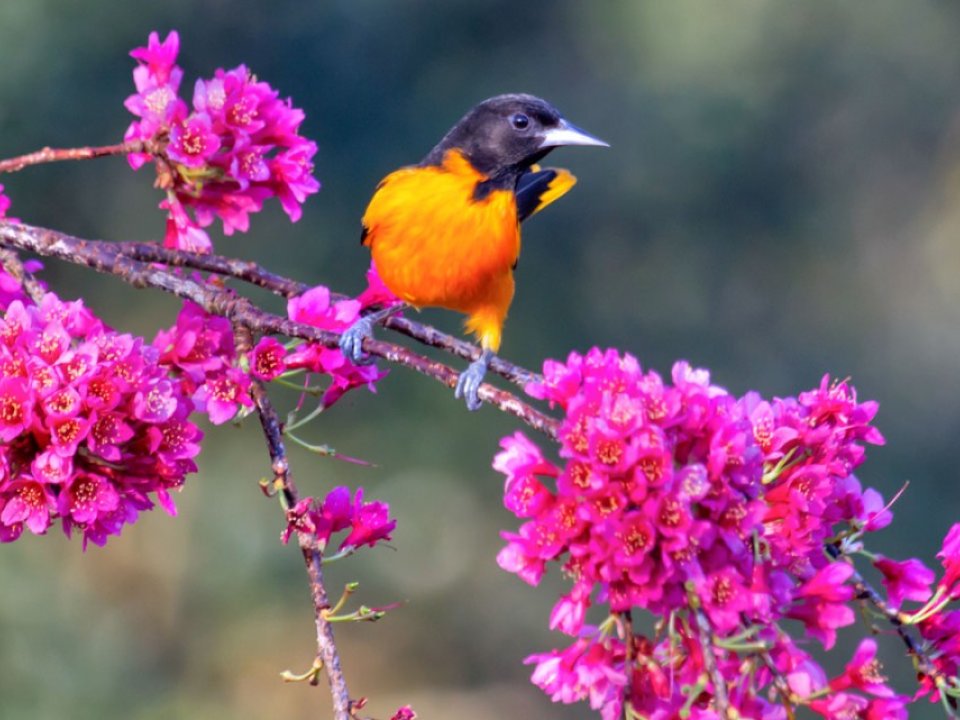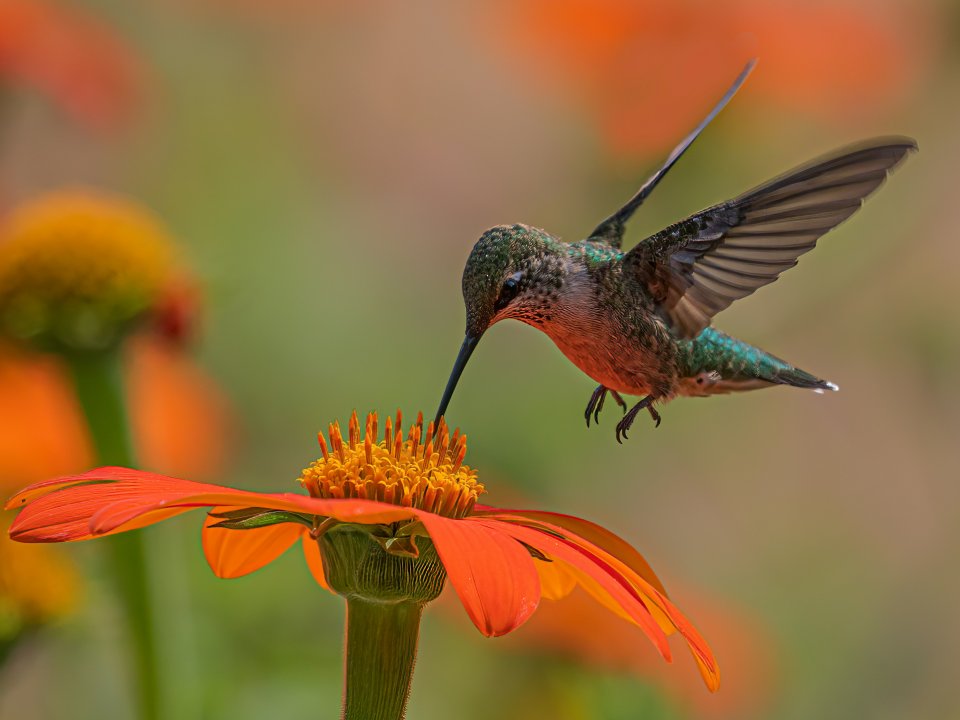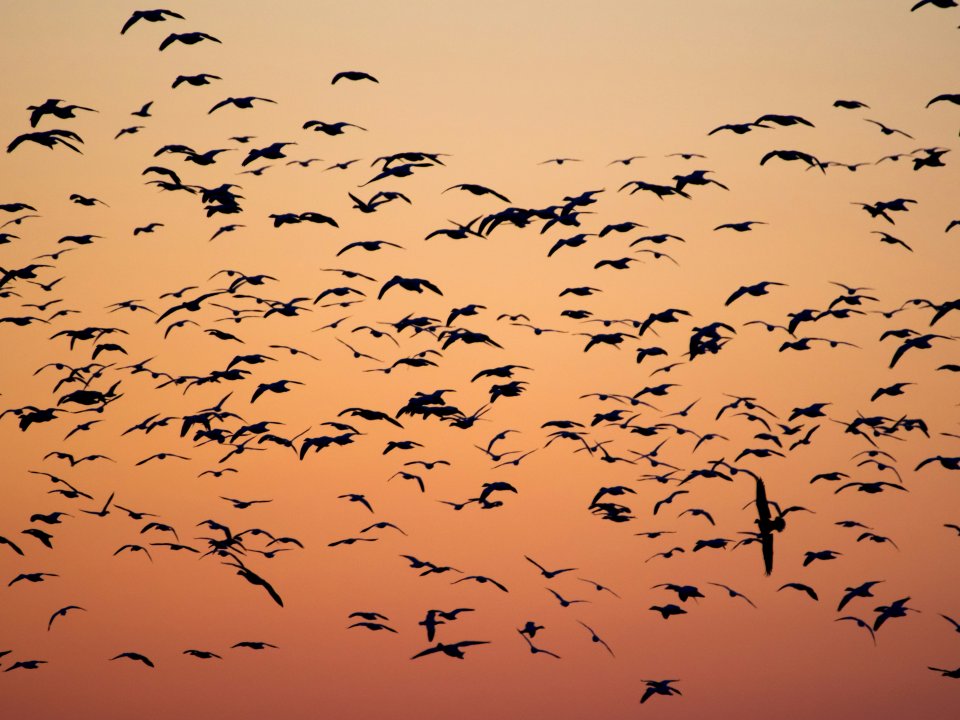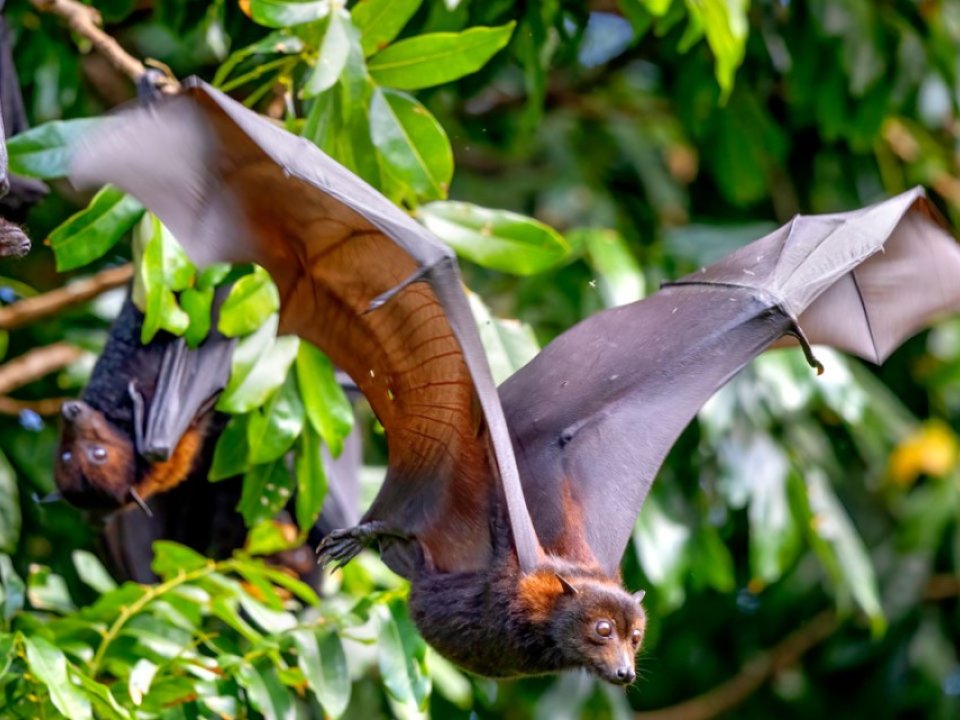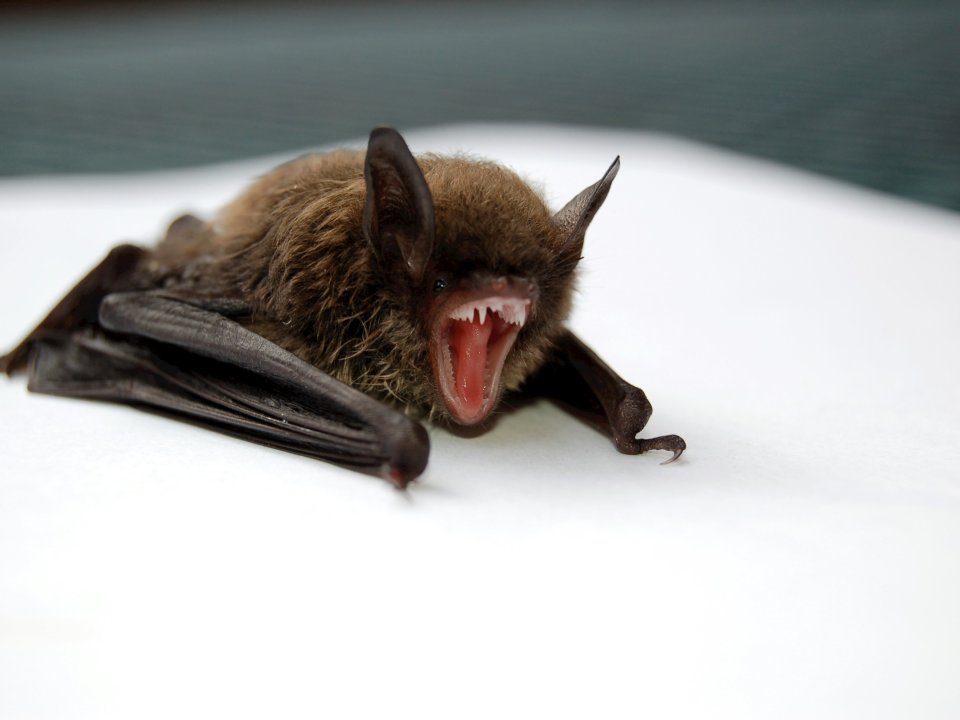News
Andrew Farnsworth, a visiting scientist at the Cornell Lab of Ornithology, says more mangrove habitat is a “probable win for birds in many ways” in Florida.
“That displacement is causing them to go into forests that tend to have the greatest conservation value and are disproportionately occupied by Indigenous peoples,” said study author Amanda Rodewald, from the Lab of Ornithology.
In addition to its human consequences, cocaine trafficking harms the environment and threatens habitats important to dozens of species of migratory birds, according to a new study.
“There aren’t many animal migrations of large, charismatic species that are still totally unknown, but that was the case for southern giant hummingbirds. We wanted to finally solve this mystery,” says Jessie Williamson, postdoctoral fellow at the Lab of Ornithology.
Ian Davies, extension support specialist, notes that he is in Bear Divide to observe bird migration.
When infected birds migrate through an area or farm, they can contaminate water or food sources with the virus. This is likely how the cows first encountered the virus.
On April 8, the shadow of a total solar eclipse will race across North America. At the same time, researchers from the Cornell Lab of Ornithology and partners will be hurrying to measure the impact of daytime darkness on the movements of birds, bats and insects – flying creatures that are very attuned to changes in light levels.
While world public health agencies are focused on how to react to the next pandemic once it has started, a new plan proposes using ecological perspectives to prevent disease outbreaks before they happen, according to a paper published March 26 in Nature Communications.
"Whether it’s a murmuration of starlings, herds of wildebeest crossing the plains of Africa, or shoals of salmon leaping up a cascading river, the mass migrations of animals, birds and fish are some of the most spectacular events in the natural world. But human activity and other pressures are pushing many of these creatures towards oblivion."
“Getting humanity to work collaboratively at a global scale underpins most of the existential challenges we face, from climate change and environmental pollution to biodiversity loss and ecosystem collapse—this at a time when earnest collaboration even at local scales often seems elusive,” notes Cornell Professor of Wildlife Health & Health Policy Steven A. Osofsky, lead author of the study. “However, if we can actually stop hunting, eating, and trading bats, stay out of their caves, keep livestock away from areas where bats are concentrated, and if we can stop deforesting, degrading (or even start restoring) their natural habitats, we can indisputably lower the chances of another pandemic.”

